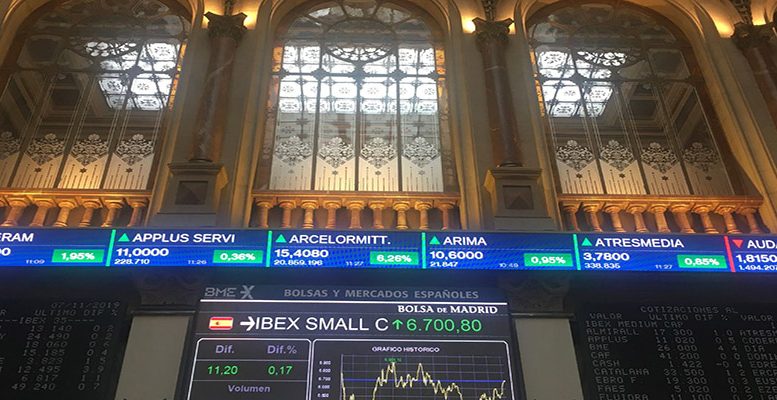“Shareholders and proxy advisors are being very critical of directors’ pay and board composition, as evidenced in voting.” explains Nancy Hameni (Head of Proxy & M&A at Cmi2i) to Fernando Rodriguez.
Q- What do you think is most remarkable so far in the 2022 Spanish AGM season ?
A- Halfway through the 2022 AGM season, we are seeing executive compensation and board elections as the most prominent trends within the IBEX-35. Shareholders and proxy advisors are being very critical of directors’ pay and board composition, as evidenced in voting. The remuneration report at Banco de Sabadell obtained over 38% dissent votes , whilst Telefonica’s report was narrowly approved by 55.4% of the votes. Similarly, there is increased scrutiny on board election and the candidates proposed. Quantum (the total remuneration paid to executives – both fixed and variable) remains the key focus, with chairmen and CEOs compensation often branded “excessive” in comparison to their peers in Spain and other markets. Investors are not only asking for better disclosure but also for better alignment between pay and performance. In respect of the board composition, shareholders are seeking effective board refreshment and improved diversity to ensure relevant skills and experience. At the end of 2021, female representation in the IBEX was 34.2%, below the 40% best practice set by the CNMV amended corporate governance code. We would anticipate similar levels of dissent voting on directors’ election to companies which do not comply with board independence and gender diversity best practice the rest of the season.
Q- What differences do you think are most relevant between the AGMs held in Spain and those of other European and Anglo-Saxon environments?
A- Spanish AGMs are typically similar to other markets. The United Kingdom is considered a leader in terms of corporate governance and as such expectations are higher there than in Spain. For example, Board-level ethnic diversity has seen increased focus in recent years with the Parker Review. As a result, stakeholders’ guidelines on boards would be stricter in the UK than other countries. Board oversight of Environment and Social Risks is another dominant topic in the UK, and a particularly complicated one – investors and proxy advisors have a different approach and assessment of boards on these issues. But as we have experienced in the past with topics such as Say-on-Pay, we would expect these issues to affect markets beyond the UK, including Spain, in the coming years – regardless of complexity.
Q.- What role do you think activist funds have played in the AGMs in Spain in 2022? Any differences when compared to other environments?
A- So far in the IBEX 35, there have been no major activist situations. This is mostly due to many Spanish’s companies’ investors bases having anchor shareholders which makes these issuers less attractive to foreign activists. In other markets, such as France and Germany, we have witnessed recent high profile activist campaigns such Danone, Lagardere , Bayer and Aareal Bank. ESG activism is becoming much more common, with activist funds often targeting companies with governance and performance challenges or those exposed to transition risks.





